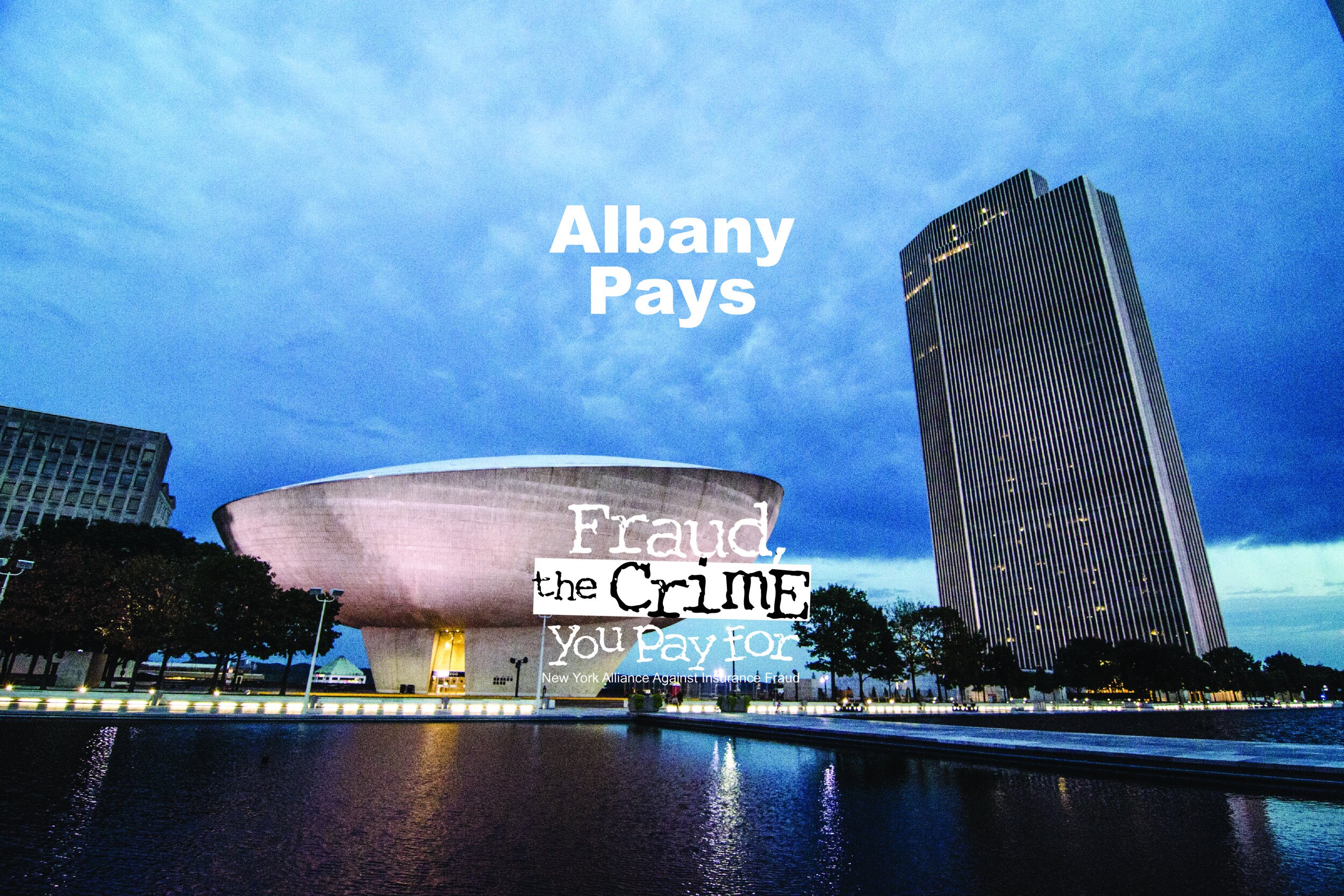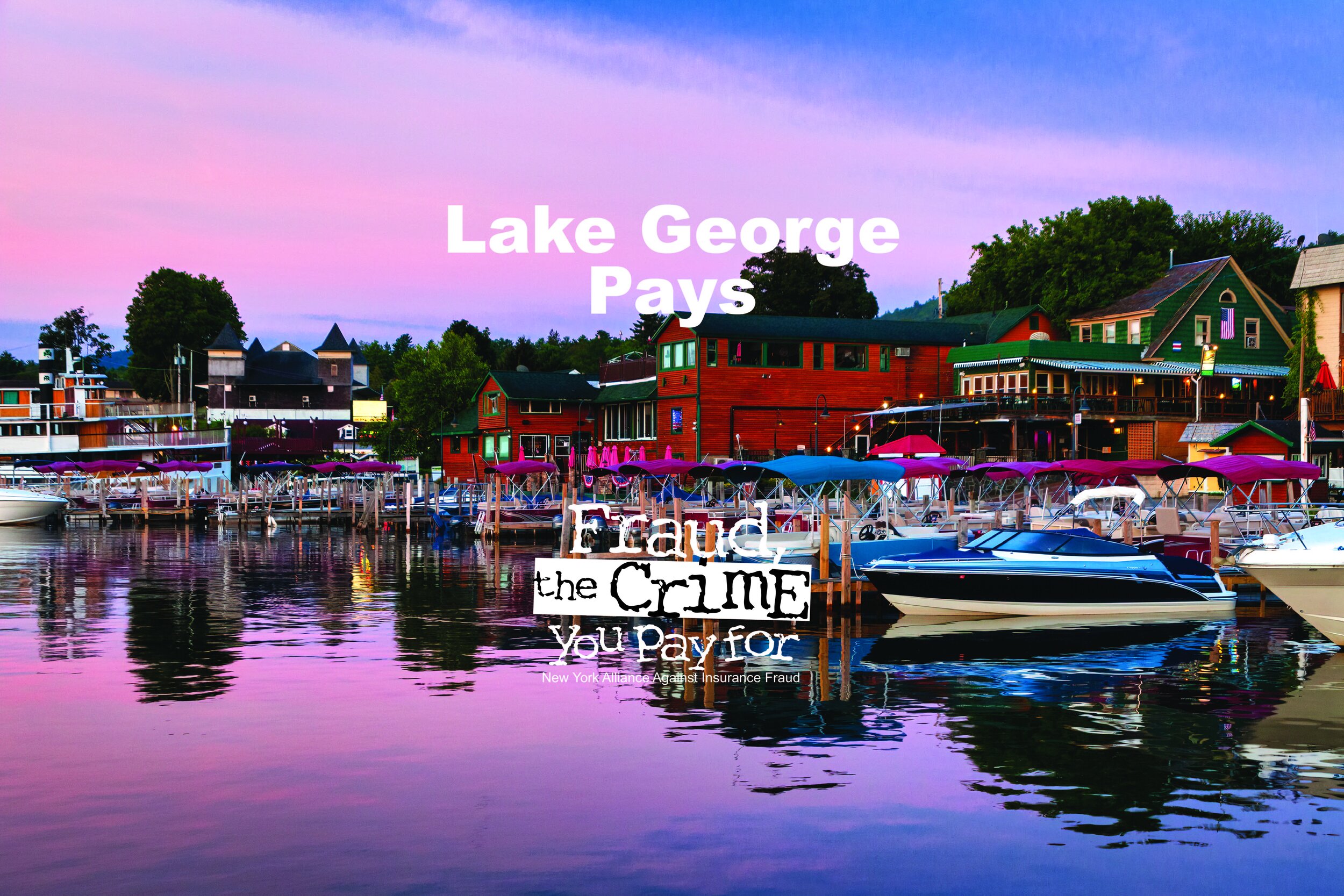Contractor Fraud
-
Most contractors are ethical and honest. Yet unlicensed and dishonest operators try to exploit often-traumatized homeowners after storms.
The scams:
Strangers appear after a storm, offering “affordable” repairs. They’re called storm chasers.
Lowball bids like “special post-disaster deals” or “limited time offers.”
Shoddy repairs, using substandard material.
Inflating the claim. You may lose all coverage.
Asking for large up-front payments — then disappearing while doing little or no work.
Convincing you to sign over your claim. The contractor may make inflated repair claims behind your back.
-
Hire local - Use reputable contractors. Avoid strangers who go door-to-door, especially after a storm. They may be unlicensed and dishonest.
Get several bids - Multiple bids help protect you. .
Licensed? - Ask to see a contractor’s licenses. Then confirm with the government licensing agency.
Insured? - Require proof of liability and workers-compensation insurance.
Signed contract - Get a signed contract before work begins. Don’t sign contracts with blanks.
Avoid advance payment - Never pay a contractor in full before work begins. Normally 20 percent or less upfront is reasonable
Repairs insured? - Make sure your insurer will cover repairs — before work starts. Have your insurance adjuster estimate both damage and repair costs.
Coordinate with insurer - Ask your insurer inspect the damage and agree to the repairs before work starts.
Most important of all, don’t commit insurance fraud and if you see it happening, report it.
And finally, pass our information along to everyone you know.











